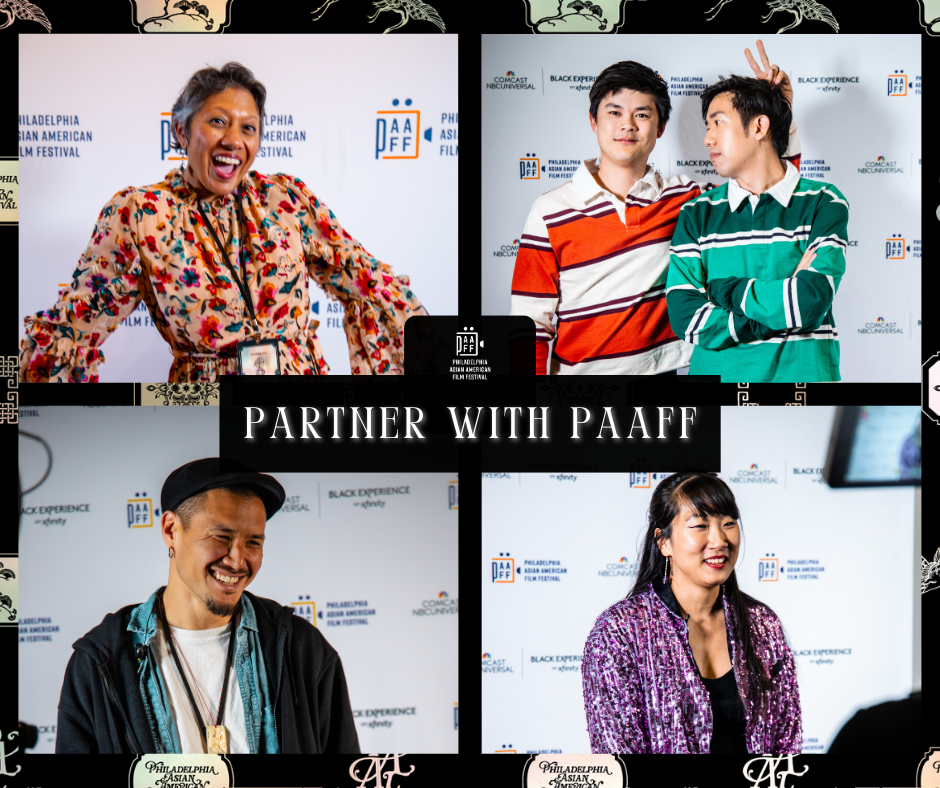Music of Asian American Conference: Militarism & the music of Asian America
12 Gates Art Gallery 106 N 2nd St, Philadelphia, PA, United StatesIn partnership with Music of Asian America Research Center and University of Pennsylvania Asian American Studies Program, we present the third annual PAAFF Conference. This year’s three-day conference explores the Music of Asian America through a series of paper presentations and interactive workshops that will run parallel to festival film programming, punctuated by two live musical showcases on Friday and Saturday nights during Opening Weekend. Bringing together filmmakers, academics, and other creatives - the PAAFF Conference presentations include many of the leading scholars on these subjects and top performing artists in their field. All conference programs are FREE and open to the public, RSVP advised due to limited seating capacity. CHAIR: Ricky Punzalan (University of Maryland) From the annexation of Hawaii, Guam and the Philippines to the Asian theater in World War II and subsequent Japanese occupation, and from the Korean War to the Vietnam war and the illegal, covert bombings of Cambodia and Laos, U.S. military policy has—since the late 19th century—changed the fates of Asians along the Pacific Rim, and led many to immigrate to North America. This panel explores how U.S. militarism has affected the creation, dissemination and reception of the music of Asian America. PANELISTS: Christine Bacareza Balance (Cornell University): We are Here Because You Were There: U.S. Militarism & the Musics of Asian America While social and cultural histories of the early Asian American movement account for its simultaneously domestic and transnational concerns—the wars in Southeast Asia as well as the civil rights struggles fought “at home”—what has not yet been addressed in a direct or sustained manner is how “Asian American music” has been constituted by over 100 years of militarized relations between the U.S. and its Asian counterparts. My paper addresses the role of U.S. militarism by listening in on primary musical examples and surveying secondary sources that evidence how U.S. war, occupation, and military bases in the Asia/Pacific are the conditions of possibility for what we can call “Asian American music.” Elaine Kathryn Andres (UC Irvine) Typical Finesse: Bruno Mars and the Training of Race in U.S. Empire No stranger to charges of cultural appropriation, Filipino Puerto Rican American pop star, Bruno Mars is a key subject in debates on blackness and the mainstream. This paper examines Mars’ racialized reception to ask how the Asian American performing body mediates perceptions of race, place, and the political in U.S. popular music. Specifically, I examine Mars’ training and labor as an Elvis impersonator to trace the contours of the militourism entertainment complex in the Philippines, Puerto Rico and Hawaii and to situate his framing as an unthreatening and apolitical multicultural figure in U.S. popular music within deflected processes of U.S. militarism and the tourism industry’s coeval logics of imperial amnesia.

